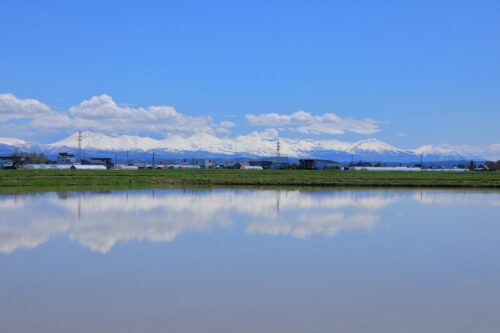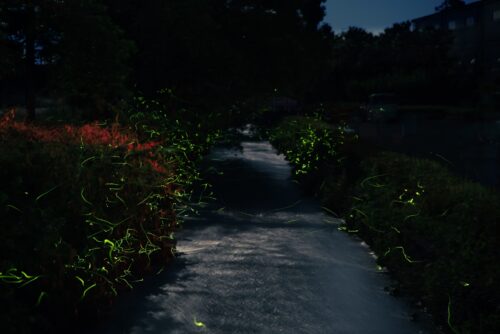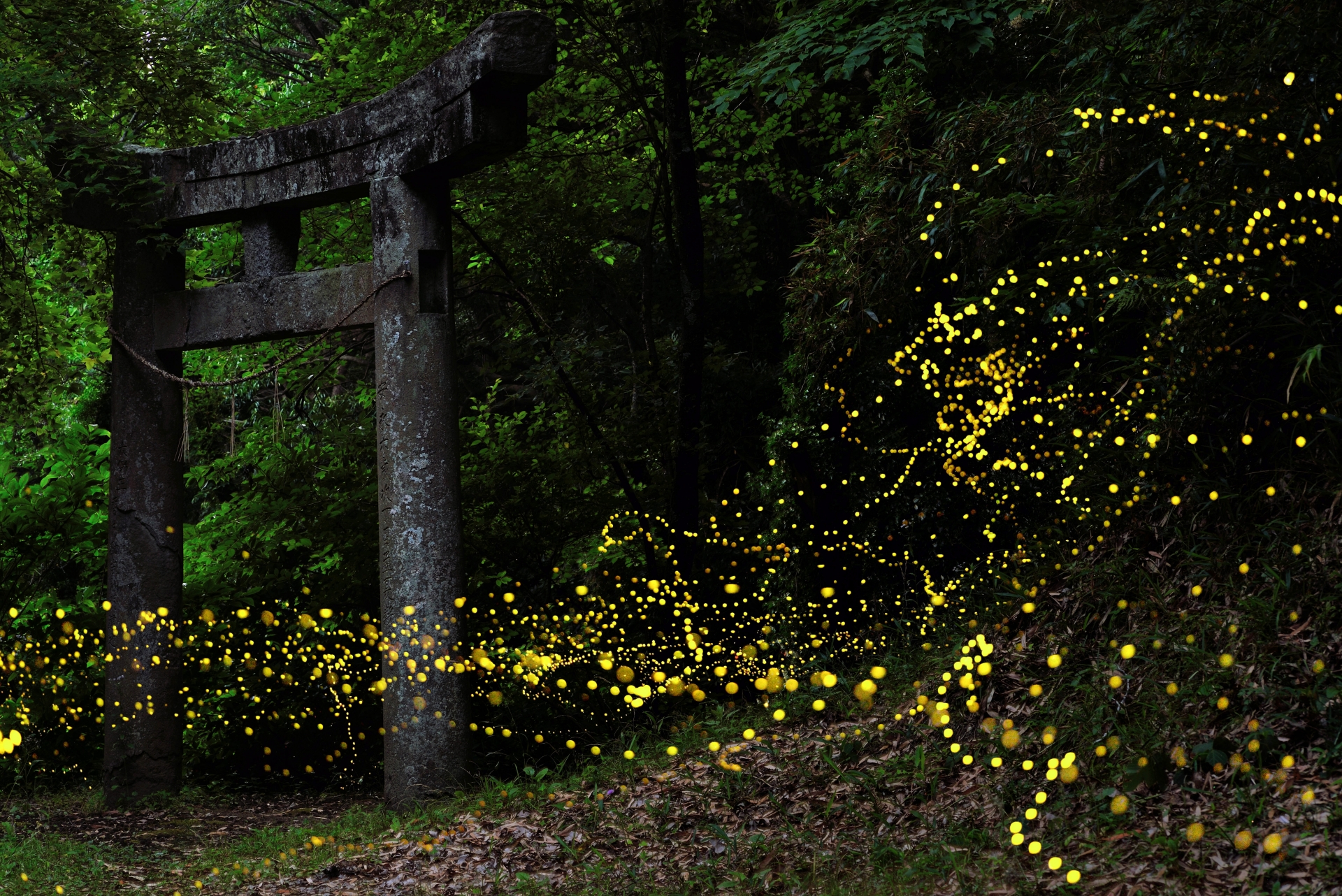The Japanese exit signal: Why “Auld Lang Syne” makes guests flee
Have you ever wondered how to politely get your overstaying guests to leave? I know a 100% sure-fire way—though I think it only works on Japanese guests.
It’s easy: just play the Scottish folk song “Auld Lang Syne.” An arranged version of the song was featured in the 1940 Hollywood hit, Waterloo Bridge. For reasons no one can quite explain, ever since then, the tune has been used in Japan to signal the closing time of shops, restaurants, and basically everything.
This “Rule of Going Home” is deeply imprinted in the Japanese subconscious. For instance, there’s a famous story of the song accidentally being played in an international airport in Canada, causing half-asleep Japanese travelers to suddenly wake up and prepare to leave. Many Japanese companies even play it at the end of business hours to urge employees to go home earlier. Most of us, myself included, are like Pavlov’s dogs—it’s a truly embarrassing fact that we didn’t even realize how unusual this was until someone non-Japanese told us so.
From farewell song to actual light: The Japanese fascination with fireflies
Funnily enough, the Japanese title of the song is completely different. It’s called “Hotaru no Hikari” (The Light of Fireflies). And that is today’s theme, because July is the season of fireflies here in Hokkaido.
Japanese people have long been uniquely familiar with insects. As I’ve written before, only Japanese and Polynesian people are thought to perceive the sound of insects as a form of language processed in the left hemisphere. Seasonal traditions like insect singing competitions have been popular since around the seventh century. Among all insects, fireflies are one of the most popular—not for their voice, of course, but for their light.
Japanese fireflies, unlike many species outside Japan, are aquatic insects requiring clean water to grow. Our hometown, Asahikawa, is famously a city of rivers, with about 150 rivers running through it. Fireflies were once commonly seen everywhere.

The unforgettable light: Fireflies and exhausted soldiers
Shortly after graduating from university, I served in the Japan Air Self-Defense Force (JSDF). The weapon control in the JSDF is unusually strict; if even one empty bullet shell is missing, trainee soldiers must search until it is found.
Disaster struck on the second day of our final training exercise. Along a river deep in the forest, the thing we dreaded most happened: an empty shell was missing. Exhausted and speechless, we started crawling on the ground. As hours passed in vain and it grew completely dark, someone whispered, “Fireflies.” I looked up. So many fireflies surrounded us, illuminating the dark forest. It remains one of the most profound memories of my early life: exhausted soldiers floating in the darkness, surrounded by their gentle, magical light.

The magic of a community-regenerated night: Asahikawa’s success story
Unfortunately, due to pesticide use and water pollution during the high economic growth period, fireflies drastically decreased in number and were rarely seen in the city for decades. But the tide is shifting.
About 30 years ago, eleven junior high school students started a project to cultivate and release fireflies. Numerous advocates and sponsors, mostly neighborhood residents, emerged and worked together to improve the surrounding environment. Now, thanks to this dedicated community effort, we can see fireflies again every summer in a huge park in the south of the city. I find the sheer determination of the human spirit to reclaim natural beauty truly moving.
I’ve noticed many tourists are rushing to Japan’s major cities like Tokyo and Osaka during the summer. To be honest, I believe this is not a great idea—mainland Japan is simply too hot and humid in summer. Why not come here to Hokkaido instead? Escape the heat and enjoy a fantastical atmosphere created by the light of fireflies on a nice, cool night.
I may be a Pavlovian subject who instinctively reaches for his coat the moment a Scottish folk song starts playing, and I am certainly the man who once spent a night crawling in the mud for a single missing bullet shell. But even an exhausted soldier—or an embarrassed furniture maker—knows when he has found a light worth staying for. If the fireflies of Asahikawa represent a community’s determination to reclaim a magical night, then our latest creation is my own personal attempt to capture that ‘unforgettable light.’ Our Hatsune Miku Art Chair is not a signal to go home; it is a reason to linger. We’ve taken the same resilient wood from the forests where I once crawled and paired it with a digital glow that never fades. It is a piece for those who, like me, are tired of following the ‘closing time’ signals of the world and want to create their own sanctuary of light. Sit down, ignore the music, and let the magic stay a little longer. —— The Hatsune Miku Art Chair.


Shungo Ijima
Global Connector | Reformed Bureaucrat | Professional Over-Thinker
After years of navigating the rigid hallways of Japan’s Ministry of Finance and surviving an MBA, he made a life-changing realization: spreadsheets are soulless, and wood has much better stories to tell.
Currently an Executive at CondeHouse, he travels the world decoding the “hidden DNA” of Japanese culture—though, in his travels, he’s becoming increasingly more skilled at decoding how to find the cheapest hotels than actual cultural mysteries.
He has a peculiar talent for finding deep philosophical meaning in things most people ignore as meaningless (and to be fair, they are often actually meaningless). He doesn’t just sell furniture; he’s on a mission to explain Japan to the world, one intellectually over-analyzed observation at a time. He writes for the curious, the skeptical, and anyone who suspects that a chair might actually be a manifesto in disguise.
Follow his journey as he bridges the gap between high-finance logic and the chaotic art of living!


Comments
List of comments (1)
Temp Mail Good post! We will be linking to this particularly great post on our site. Keep up the great writing